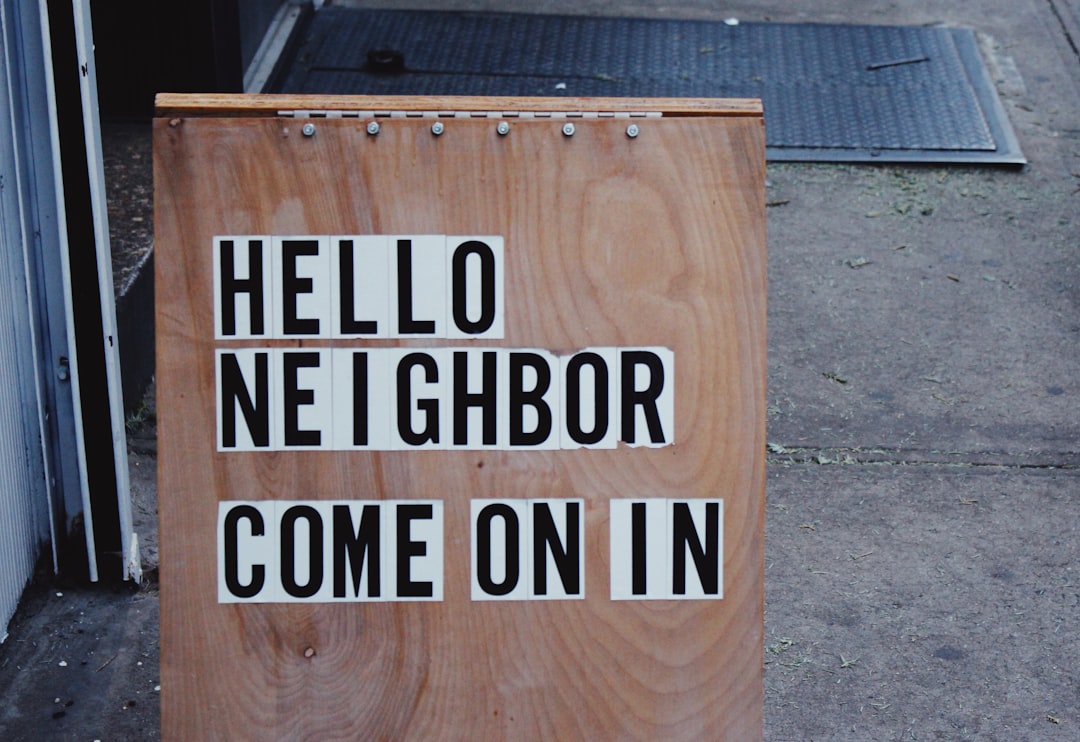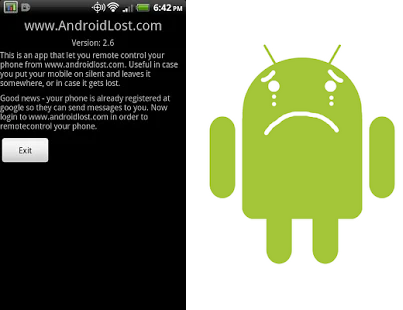Looking to stay connected with your community, find trusted local services, or simply keep up with neighborhood news? Nextdoor might be the app you’ve heard of. As a hyperlocal social networking platform, it has gained popularity for helping neighbors interact and share real-time updates. But is it right for you? In this complete guide, we’ll review what Nextdoor offers, how it works, and explore some compelling alternatives if you’re considering other options.
What Is Nextdoor?
Nextdoor is a private social network designed specifically for neighborhoods. Founded in 2008, it focuses on connecting people within a defined geographic area—typically a few blocks or a subdivision—to foster local discovery and communication.
Whether you’re warning others about a lost pet, seeking plumber recommendations, or organizing a block party, Nextdoor is designed to keep your interactions local. What sets it apart is that it requires users to verify their address to ensure neighborhood authenticity.

Key Features of Nextdoor
Nextdoor offers a variety of tools and features, including:
- Local News Feed: See what’s happening in your area, from new business openings to crime alerts.
- Recommendations: Find trusted services like babysitters, landscapers, and roofers endorsed by neighbors.
- For Sale and Free: Buy, sell, or give away items within your community.
- Events: Discover or share local events happening nearby.
- Public Agency Posts: Get updates from local government, police, and emergency services.
Pros of Using Nextdoor
Here are some reasons why users continue to use Nextdoor:
- Strong Localization: All content is tailored to your physical neighborhood, which increases relevance.
- Real ID Verification: Helps reduce spam and ensures interactions are between actual residents.
- Engages Community: Enables civic engagement, like reporting hazards or organizing cleanup days.
Drawbacks to Consider
While it has its perks, Nextdoor comes with some notable shortcomings:
- Privacy Concerns: Some users are wary of their information being used for advertising and analytics.
- Negativity: Certain threads can devolve into conflict or complaints, creating a toxic environment.
- Moderation Issues: Volunteer moderators may inconsistently enforce rules, sometimes stifling useful conversations.

Top Alternatives to Nextdoor
If Nextdoor isn’t quite what you’re looking for, there are other platforms that offer different approaches to local networking:
1. Facebook Neighborhoods
This feature within Facebook allows users to join virtual communities within their actual neighborhoods. It’s easy to use, leverages existing Facebook connections, and allows businesses to interact with potential customers locally.
2. Patch
Patch is an online news platform offering region-specific updates and headlines. While it’s less interactive, it’s a great resource for staying informed about local events and public warnings without the social media aspect.
3. Front Porch Forum
Popular in certain U.S. regions like Vermont, this platform is email-based and focuses on thoughtful, neighborly conversation. It promotes civility and careful moderation, which appeals to users seeking a quieter digital corner.
4. Reddit Local Subreddits
Reddit has thousands of location-specific communities (e.g., r/SanFrancisco or r/Austin). The advantages include anonymity, diverse topics, and often rapid engagement. However, moderation and tone can vary widely.
5. Citizen App
While not a neighbor communication tool in the traditional sense, Citizen allows users to monitor real-time safety alerts in their area. It’s ideal for those highly focused on security and awareness.
Final Thoughts: Is Nextdoor Worth It?
Nextdoor can be a useful tool for people who want to engage with their neighbors, find trusted services, or give away an old couch to someone down the street. That said, users should remain cautious about over-participation, especially when it comes to heated conversations and privacy settings.
If you’re curious, it’s worth signing up and exploring what the platform offers in your area. But if it doesn’t meet your expectations, there’s no shortage of alternatives tailored to different personalities and communication styles.
Your neighborhood is only as connected as you make it. Whether it’s on Nextdoor or another platform, building community starts with a simple: “Hello, neighbor.”
